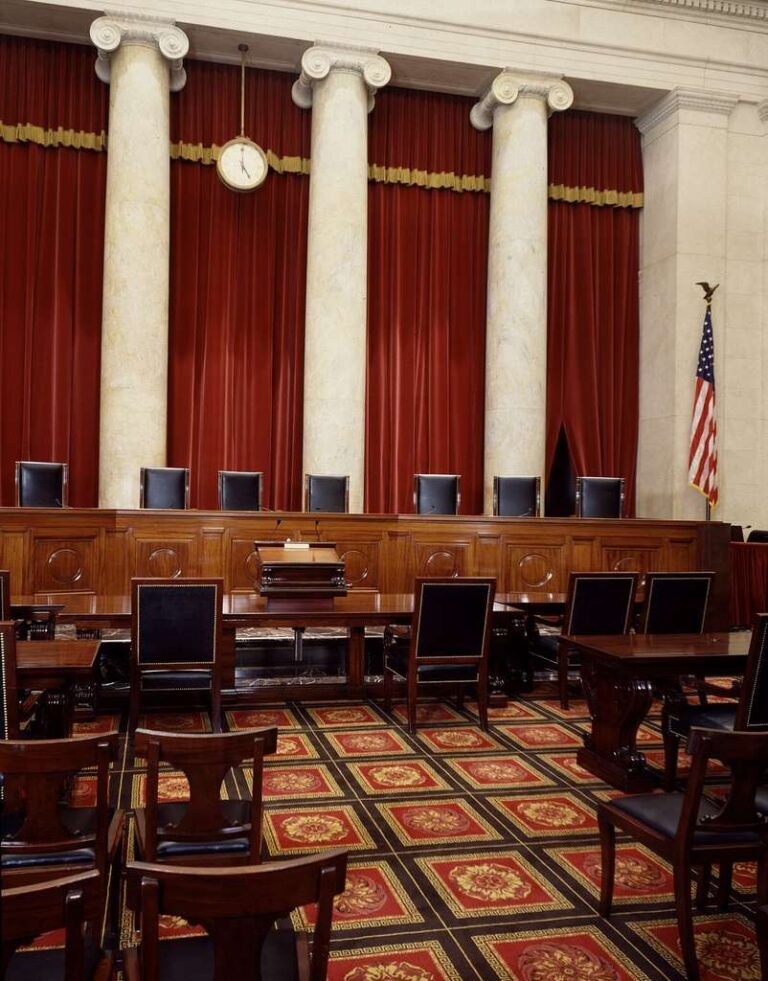
John Fry is a student at Harvard Law School.
The Fifth Circuit raised eyebrows last Monday by ordering the NLRB’s attorneys to answer a set of pointed questions about their handling of a venue dispute in SpaceX’s high-profile constitutional challenge to the agency. As I covered last month, after the Southern District of Texas transferred SpaceX’s suit to the Central District of California, the company petitioned the Fifth Circuit for a writ of mandamus to undo the transfer. A Fifth Circuit panel stayed the transfer and ordered the Texas district court to request that the case be sent back while the panel considered SpaceX’s petition. The Central District of California granted this request and returned the case to Texas. The panel eventually denied SpaceX’s mandamus petition, a decision which the company has asked the entire Fifth Circuit to reconsider en banc.
In last Monday’s order, the Fifth Circuit panel appears to accuse the NLRB of attempting to undermine the stay it placed on the case’s transfer. The court asks why NLRB attorneys contacted the Central District of California after the stay was ordered and what information the NLRB learned from these conversations. The order claims that the NLRB made “incorrect representations” to the panel regarding whether the suit had been docketed and assigned to a judge in California. During this time, the NLRB also argued to the California district court that it had jurisdiction over the suit because the case’s transfer had been completed before the Fifth Circuit ordered a stay. In the order, the Fifth Circuit panel claims that this argument was erroneous, accusing the NLRB of telling the California district court to “ignore” the Fifth Circuit’s jurisdiction.
In the NLRB’s response, filed Wednesday, the agency insists that it has only acted in “good faith” to litigate the SpaceX case and denies making any misrepresentations. Due to confusion surrounding the exact timing and details of the transfer (e.g. whether the case had been assigned a new docket number and judge in California), the NLRB argues that it needed to communicate with the Central District of California in order to gather information and respond to SpaceX’s mandamus petition. The California court also would have been poised to evaluate the merits of SpaceX’s constitutional claims if it had opted to retain the case, so the NLRB argues that it was essential for the agency to ask the court for procedural updates.
Furthermore, the NLRB argues that its attempts to keep the suit in California were legally sound “because jurisdiction follows the record,” and the case was transferred to California days before the Fifth Circuit ordered a stay, making the stay order “inoperative for want of jurisdiction.” The agency claims that it urged the California district court to “respectfully decline” the Fifth Circuit’s retransfer request on these grounds, not “ignore” it.
While the Central District of California’s decision to grant the retransfer request arguably makes this back-and-forth a moot point, the exchange shows that the Fifth Circuit may be willing to go to great lengths to keep within its jurisdiction novel challenges to federal agencies. Commentators describe Monday’s order questioning the NLRB’s lawyers as “highly unusual.” The Fifth Circuit panel appears to believe that the agency’s disagreement with the panel’s interpretation of highly technical doctrines involving electronic case transfer and jurisdiction constitutes “dishonesty and a lack of candor,” reasoning which has puzzled legal scholars.
The Fifth Circuit’s decision to get involved at all in the SpaceX venue dispute is considered “extraordinary,” playing into widespread concerns that the circuit is condoning forum-shopping amid a slew of recent anti-agency lawsuits filed in Texas. The circuit is likewise considering whether to prevent the transfer of a suit against the Consumer Financial Protection Bureau from Texas to Washington, D.C. While forum-shopping is endemic to Texas’ federal courts—only one judge hears civil suits in the Northern District’s Amarillo courthouse—the Fifth Circuit has shown little inclination to change its practices. The circuit’s unusual solicitude for SpaceX’s mandamus petition may be a signal that it will fight hard to retain cases that have the potential to upend administrative law.










Daily News & Commentary
Start your day with our roundup of the latest labor developments. See all
March 3
In today’s news and commentary, Texas dismantles their contracting program for minorities, NextEra settles an ERISA lawsuit, and Chipotle beats an age discrimination suit. Texas Acting Comptroller Kelly Hancock is being sued in state court for allegedly unlawfully dismantling the Historically Underutilized Business (HUB) program, a 1990s initiative signed by former Governor George W. Bush […]
March 2
Block lays off over 4,000 workers; H-1B fee data is revealed.
March 1
The NLRB officially rescinds the Biden-era standard for determining joint-employer status; the DOL proposes a rule that would rescind the Biden-era standard for determining independent contractor status; and Walmart pays $100 million for deceiving delivery drivers regarding wages and tips.
February 27
The Ninth Circuit allows Trump to dismantle certain government unions based on national security concerns; and the DOL set to focus enforcement on firms with “outsized market power.”
February 26
Workplace AI regulations proposed in Michigan; en banc D.C. Circuit hears oral argument in CFPB case; white police officers sue Philadelphia over DEI policy.
February 25
OSHA workplace inspections significantly drop in 2025; the Court denies a petition for certiorari to review a Minnesota law banning mandatory anti-union meetings at work; and the Court declines two petitions to determine whether Air Force service members should receive backpay as a result of religious challenges to the now-revoked COVID-19 vaccine mandate.